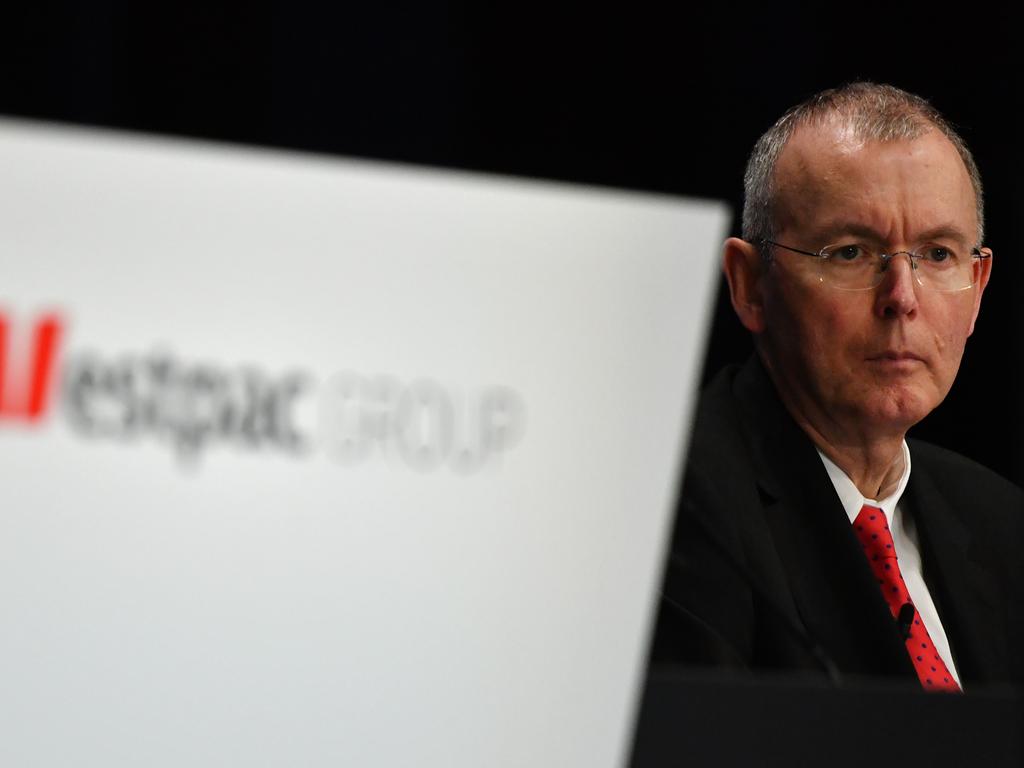
It’s an issue that has splintered the mortgage industry.
The smaller lenders argue the big banks are getting too much of an advantage in the mortgage market, due to the ultra-cheap funding in place during COVID-19. The differential on funding costs is greater and is causing competitive disadvantage, delivering the big banks more market share.
In the closed-door meeting the smaller lenders got a decent hearing around their arguments that the COVID measures in place need to be more neutral to competition. There were also productive conversations around the table about potential solutions.
One of those is for the Australian Office of Financial Management to provide warehouse loan funding to non banks at the same rate the banks are getting.
It’s a thorny issue for non-bank lenders, particularly as record low rates have spurred a wave of refinancing in the mortgage market.
The deposit-taking banks have access to the Reserve Bank’s $200bn term funding facility during the pandemic, as the government wanted to ensure credit continued to flow freely during the disruption.
When the RBA lowered the cash rate to a record low of 0.1 per cent last month, it also said the rate on drawings under the term facility would drop to 10 basis points.
Smaller lenders have argued the cheap funding for the banks is tipping the scales too much in favour of the larger incumbents.
It will be interesting to see whether Josh Frydenberg acts on the grievances, given Australia is emerging from the pandemic at a faster rate than expected.
The last day for drawdowns under the term funding facility is June 30, 2021, so time constraints may also come into play. The banks have been inundated with deposits, meaning there is little rationale for extending the facility’s time frame for them, unless the pandemic drastically changes.
Non-bank lenders involved in the latest funding push include Mortgage House, Resimac, Firstmac, Columbus Capital and mortgage broker AFG with respect to its own branded loans. The Australian Securitisation Forum and FinTech Australia are also involved.
It’s important to note the smaller lenders were not completely ignored by the government as COVID started to take hold in the first quarter. As part of pandemic support measures announced in March, the government set up the $15bn Structured Finance Support Fund to assist non-bank lenders. The fund sees the AOFM buy into tranches of loans, packaged up by non-banks and smaller lenders.
Non-banks can’t access the existing term funding facility as they don’t have RBA settlement accounts.
The concerns of smaller lenders are valid, given the banks are wooing back customers and often locking them in on fixed rates.
AGM season
After two years of fiery annual general meetings, Westpac is set to bypass another black mark against its pay report in 2020.
Investors will have some tough questions around risk, governance and compliance systems. But with new CEO Peter King and chair John McFarlane in place, and Westpac having axed short-term bonuses for all executives as a result of its financial crimes scandal, shareholders want signs of a sustainable clean up.

Westpac has already signed up to an enforceable undertaking with the banking regulator and agreed to a $1.3bn penalty to Austrac, though meaningful changes and fixes to its systems and processes must happen swiftly.
The bank can’t drop the ball on these important issues, including its anti-money laundering obligations, which are part of a broader framework to stem criminal activity through the banking system.
Westpac last year was hit with a second strike against its pay report, but investors stopped short of endorsing a move to spill the board.
ANZ and NAB have virtual AGMs next week.
Looking ahead
Against the backdrop of a pandemic still gripping many parts of the world, McKinsey’s Global Banking Annual Review 2020 attempts to offer a few insights.
The consultants highlight interesting imperatives for banks in the current climate. They include embedding “new-found speed and agility” by identifying what worked well in the crisis response and preserving those practices.
A little more pointed is that banks should “fundamentally reinvent their business model” to navigate a long period of zero per cent interest rates. Part of that includes adopting new ideas from digital challengers.
The third imperative is already top of mind in the Australian banking sector, given the 2018 Hayne royal commission and the fallout they endured.
McKinsey said banks had to focus on their broader purpose, especially environmental, social, and governance issues, and “recast their contract” with society.
McKinsey sees a two-pronged test for banks around the world.
The first stage being severe credit losses through late 2021. Next year loan loss provisions could exceed those seen during the financial crisis.
It then tips “a muted global recovery” and significant challenges that may persist beyond 2024.
“Depending on (the) scenario, from $US1.5 trillion to $US4.7 trillion in cumulative revenue could be lost between 2020 and 2024.”
Locally, given a less severe recession, some analysts are now pencilling in markedly lower bank loan credit impairment charges.






Non-bank lenders graced the halls of Canberra’s Parliament House en masse early this week, for a hearing with the Treasurer on their loan funding cost concerns.